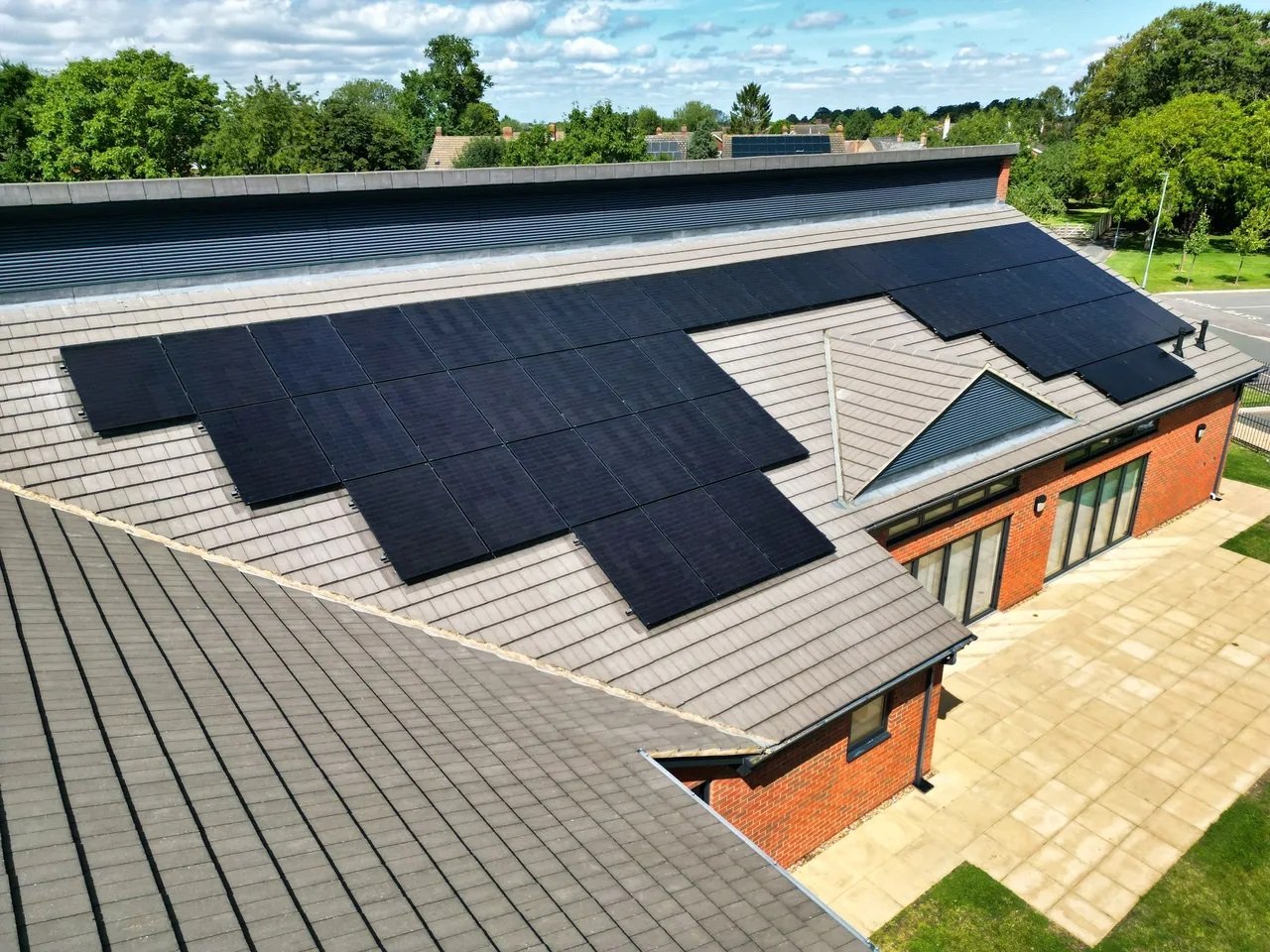
How Much Electricity Does a Solar Panel Produce?
Wondering how much electricity a solar panel can generate? Dive into this expert guide to find out how solar power can fuel your home and cut your bills.
The Basics: How Solar Panels Generate Electricity
First things first, how does a solar panel actually produce electricity? Well, imagine a world where the sun is not just a giant fiery ball that makes you sweat in summer, but also a power source for your home. That world is real and it is called solar energy.
Solar panels work using something called photovoltaic (PV) cells. When sunlight hits these cells, electrons get all excited (yes, electrons have feelings too) and this movement creates electricity. This electricity is in the form of direct current (DC) but since your home runs on alternating current (AC), an inverter converts it to a usable form.
That is the science-y bit. Now, let’s talk numbers.
How Much Electricity Does a Single Solar Panel Produce?
The amount of electricity a solar panel produces depends on several factors, such as the wattage of the panel, how much sunlight it receives, the angle and positioning of the panel and weather conditions.
Most residential solar panels come in different wattages, typically ranging from 250W to 400W per panel. To clarify, a 300W solar panel exposed to full sunlight for one hour produces 300 watt-hours (Wh) of electricity which over a full day (assuming 4 hours of direct sunlight), this panel would generate around 1.2 kilowatt-hours (kWh).
In simpler terms, a single 300W solar panel can power:
A 50-inch TV for 6 hours
A laptop for 12 hours
10 LED light bulbs for an entire evening
A fridge for about 3 hours
Not bad for something that just sits on your roof soaking up the sun, right?
How Much Electricity Does a Full Solar Panel System Produce?
Now, let’s talk about real-world applications. Since most homes do not run on a single panel, let’s calculate how much electricity a full solar system generates.
A typical residential solar panel system consists of 10 to 16 panels. A 10-panel 300W system produces around 3 kW of power, generating about 12 kWh per day and a 16-panel 300W system produces about 4.8 kW, generating around 19 kWh per day.
Factors That Affect Solar Panel Electricity Production
Now, before you start imagining a solar-powered utopia where you never pay an energy bill again, let’s talk about the things that can impact your solar panel output.
1. Location, Location, Location
If you live in sunny Spain, congratulations, you will generate more electricity than someone living in cloudy Milton Keynes. However, even in the UK, you can still produce enough energy to make solar worthwhile.
2. Angle and Positioning
Solar panels should ideally be tilted at a 30-40 degree angle and face south to capture maximum sunlight. If your panels are facing north, they will not generate as much power as opposed to them pointing south.
3. Weather Conditions
Yes, solar panels work even when it is cloudy, just at reduced efficiency. On an overcast day, you might generate 20-40% less electricity than on a sunny day.
4. Time of Year
In summer, your solar panels will generate more electricity due to longer daylight hours. In winter, you might produce 50% less, but you will still get a steady supply.
5. Dirt and Debris
If your solar panels are covered in leaves, bird poop or dust, they will produce less electricity. Give them a clean every now and your future self will thank you.
Can You Store Extra Solar Power?
Yes, and this is where solar battery storage comes in.
If your panels produce more electricity than you use, a solar battery stores the extra energy so you can use it at night or on cloudy days. This means:
Less reliance on the grid
More energy savings
Power even during blackouts
Final Thoughts
A well-sized solar panel system with battery storage can power most of your home’s daily needs, drastically reducing your energy bills. Some households even generate more electricity than they use, selling excess power back to the grid through the Smart Export Guarantee (SEG).
So, whether you are looking to cut costs, reduce your carbon footprint, or just show off to your neighbours about your eco-friendly setup, solar panels are a fantastic investment.
Want to find out how much solar power your home could generate? Get in touch with our expert team today for a free consultation.
